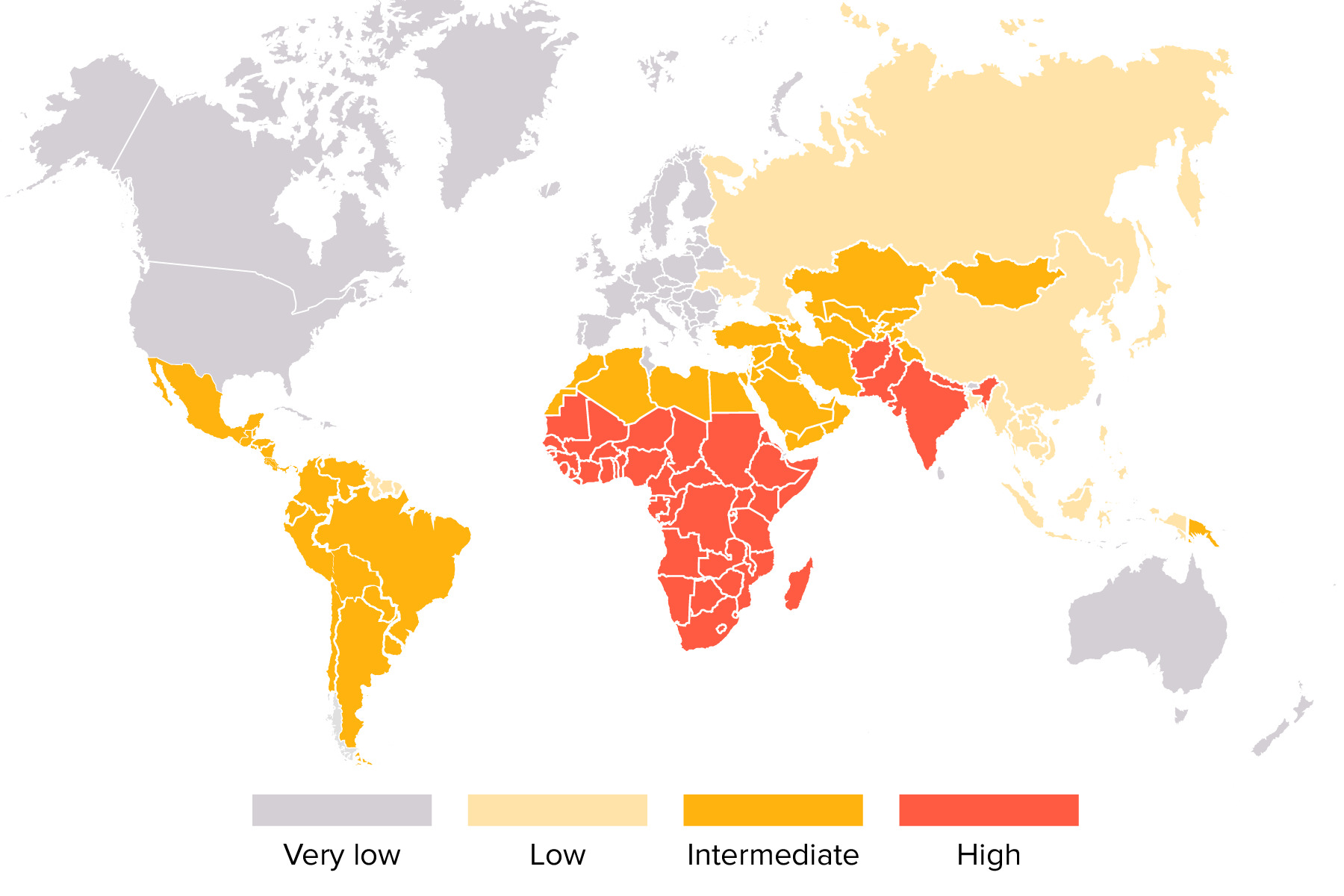Playlist
Show Playlist
Hide Playlist
Hepatitis: Prevention
-
Slides Hepatitis.pdf
-
Reference List Infectious Diseases.pdf
-
Download Lecture Overview
00:00 In terms of preventing hepatitis A, there is widely available passive and active immunization. 00:10 It should be used especially for people who travelling to an endemic area. 00:14 As far as hepatitis B goes, there is active immunization. 00:18 Everybody should receive a hepatites B vaccination at birth and in adulthood, especially those at risk like healthcare workers. 00:25 Safe sex practices are extremely important. 00:30 The avoidance of sharing razors, toothbrushes, nail clippers especially with sexual partners or family members is prudent. 00:40 For hepatitis C, there is no vaccine yet available but we have to advise safe sex practices and avoidance of sharing razors, toothbrushes and nail clippers with sexual partners or family members. 00:57 Hepatitis D, there is no vaccine as well. 01:01 We have to avoid percutaneous exposure and intimate contact with infected persons. 01:07 HEV is the most frequent cause of enterically-transmitted acute viral hepatitis worldwide. Estimates by the World Health Organization (WHO) mentioned in this review indicate that around 20 million people are infected annually. 01:24 For hepatitis E, there's no vaccine as well but they are working on a recombinant vaccine that was recently approved for use in China but has not been approved by the FDA in the United States. 01:39 So we'll have to stay tuned for those data. 01:43 This brings me to the end of my discussion about hepatitis and I hope it was helpful.
About the Lecture
The lecture Hepatitis: Prevention by John Fisher, MD is from the course Gastrointestinal Infections.
Included Quiz Questions
What is the best way to avoid hepatitis A infection when travelling to endemic areas?
- Immunization
- Avoiding local food
- Safe sex practices
- Avoiding local water
- Frequent hand washing
In the United States, active immunization is available for which of the following hepatitis viruses?
- Hepatitis B
- Hepatitis C
- Hepatitis D
- Hepatitis E
- Active immunization is not available for hepatitis viruses.
Customer reviews
5,0 of 5 stars
| 5 Stars |
|
5 |
| 4 Stars |
|
0 |
| 3 Stars |
|
0 |
| 2 Stars |
|
0 |
| 1 Star |
|
0 |








